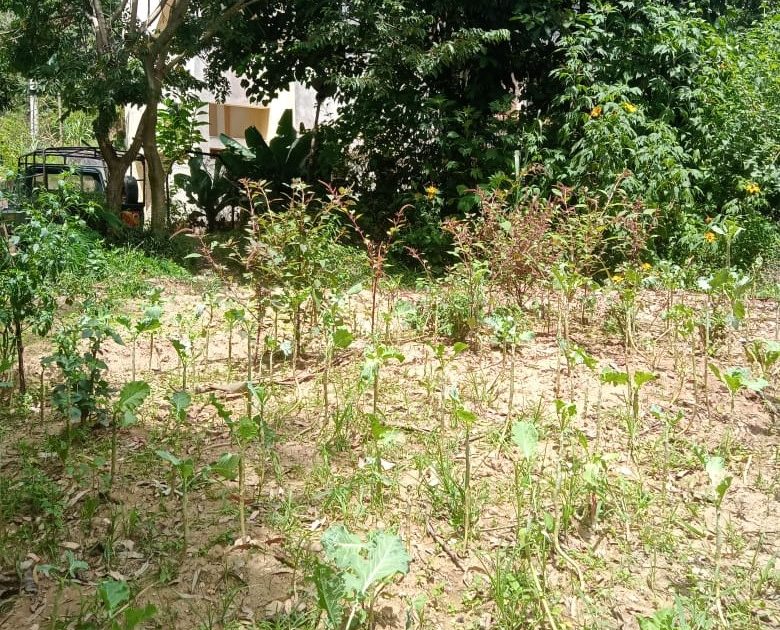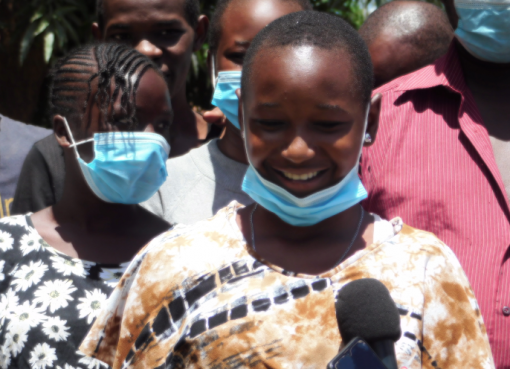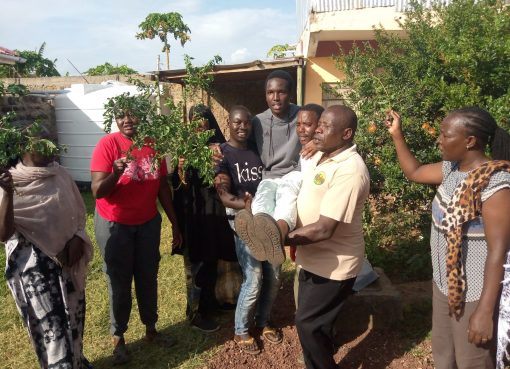Vegetables contain nutrients and vitamins that are vital for wholesome nutrition and wellness in the human body.
Nutritionists and a cadre of food scientists underscore the importance of vegetables not only for the adult population but also for children, who are at vulnerable stages of growth and development.
However, despite the importance of vegetables in diets, many people in Taita Taveta County hardly have adequate portions of the leafy greens in their meals.
The scarcity of vegetables in Taita Taveta and the entire coastal region has been occasioned by a cocktail of factors, ranging from unreliable rainfall, lack of nutritional education, and exorbitant prices for the commodities.
“Of course, I would love to eat more vegetables but they’re not readily available. The scanty rains deny us nature’s blessing of wild and garden-grown vegetables. In the market, prices are beyond my pocket,” lamented Zipporah Mwadime, a mother of two from Chawia, Mwatate sub-county.
In Nairobi, agricultural technocrats, stakeholders, and global partners convened a meeting aiming at strategizing and streamlining food systems and achieving food security in eleven counties.
The meeting held under the patronage of the Global Alliance for Improved Nutrition (GAIN), a Swiss-based organization, emphasized on the production and distribution of vegetables among the most disadvantaged populations in the selected counties.
Taita Taveta is among the targeted counties in a project dubbed, ‘Vegetable for All’, and has been categorized as a vegetable-producing county alongside Kilifi County from the coastal region with Kwale and Mombasa branded as vegetable consumers.
The project that enjoys support from both the national and county governments aims to enhance the production and availability of vegetables through improved yields, prevention of post-harvest losses, digital innovations, and the creation of a robust value addition chain, and support to vegetable farmers.
Through the Ministry of Agriculture, Ministry of Health, and Ministry of Trade; the National Government has vowed to support the project with financial allocations, technical support, infrastructure, and streamlined chain supply and markets.
Kenya is categorized as a low vegetable and fruit consumption country, a trend that puts the population in a nutrition risk factor of diet-related diseases and conditions.
The World Health Organization (WHO) places a mandatory cap for vegetable consumption at 400g/day for each adult, a mark that is far off to be achieved in Kenya.
The focus on vegetable production and consumption will spur economic growth in the Jumuiya ya Kaunti za Pwani economic bloc with a majority of youth and women set to benefit the most.
By Arnold Linga Masila




